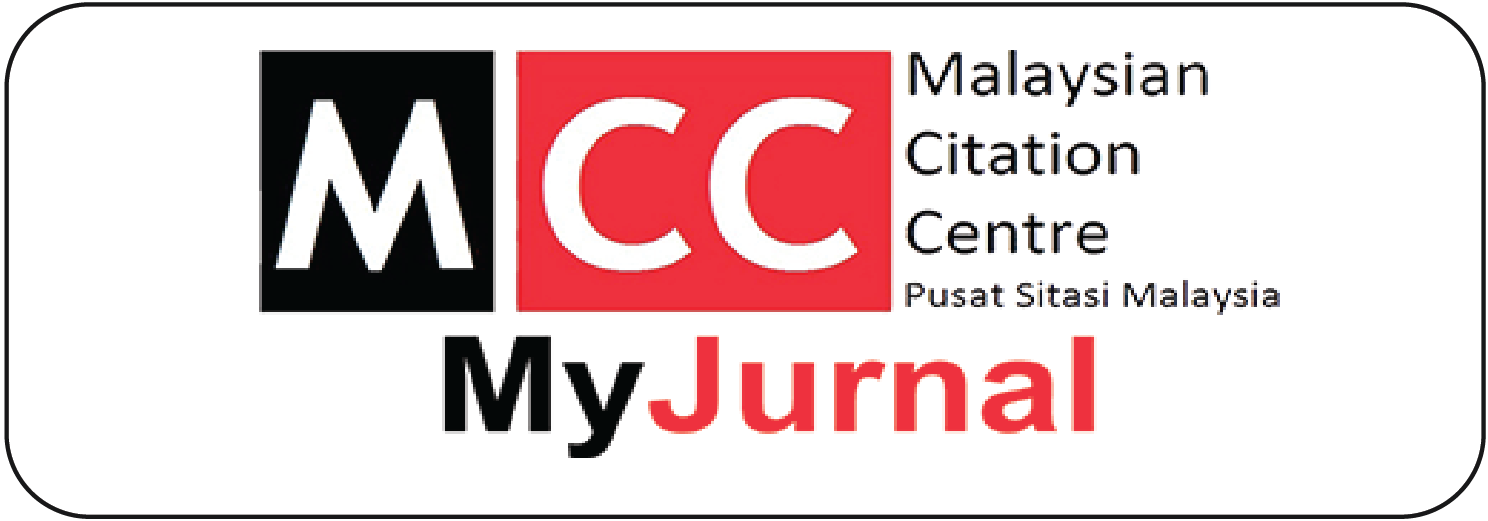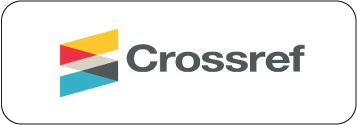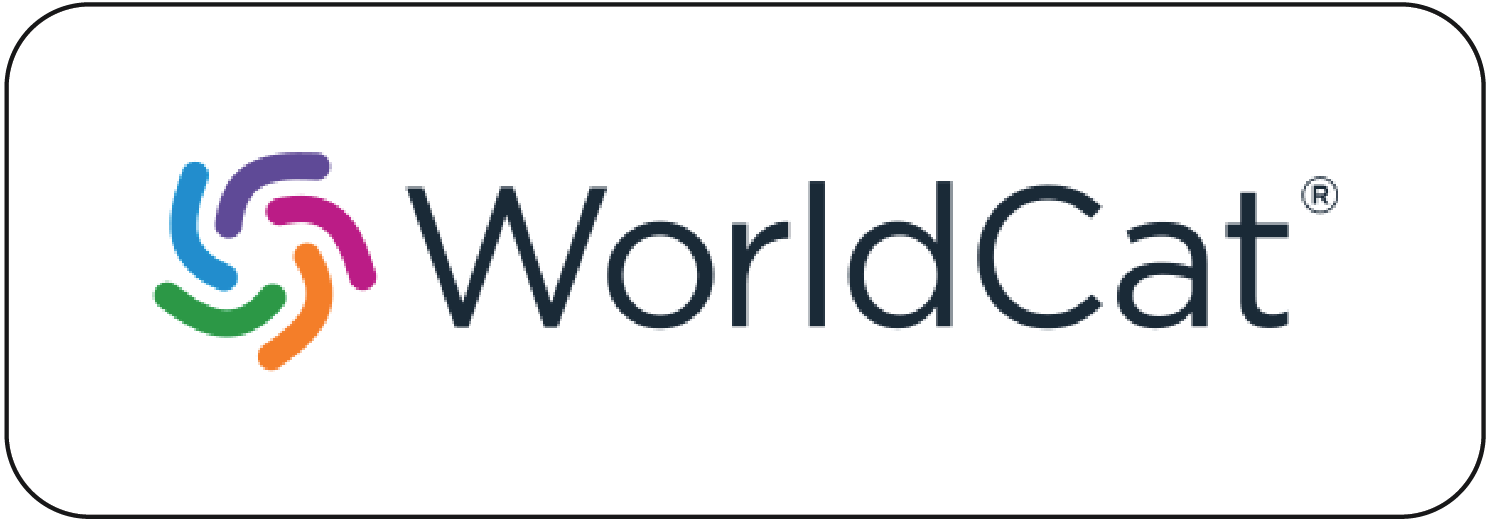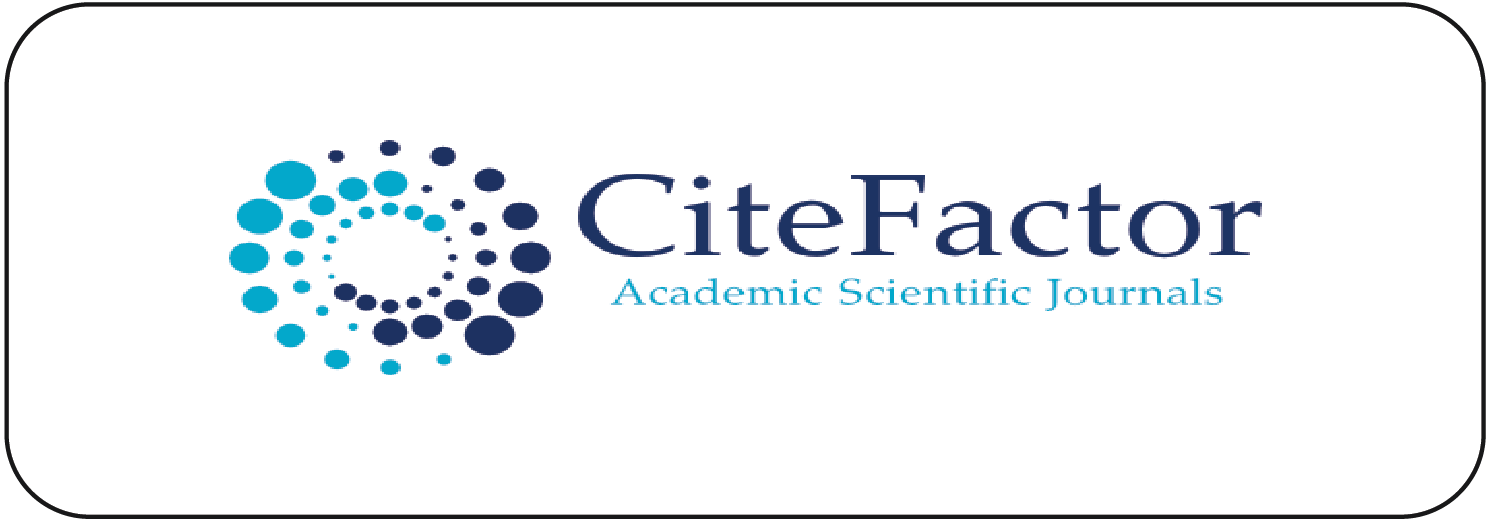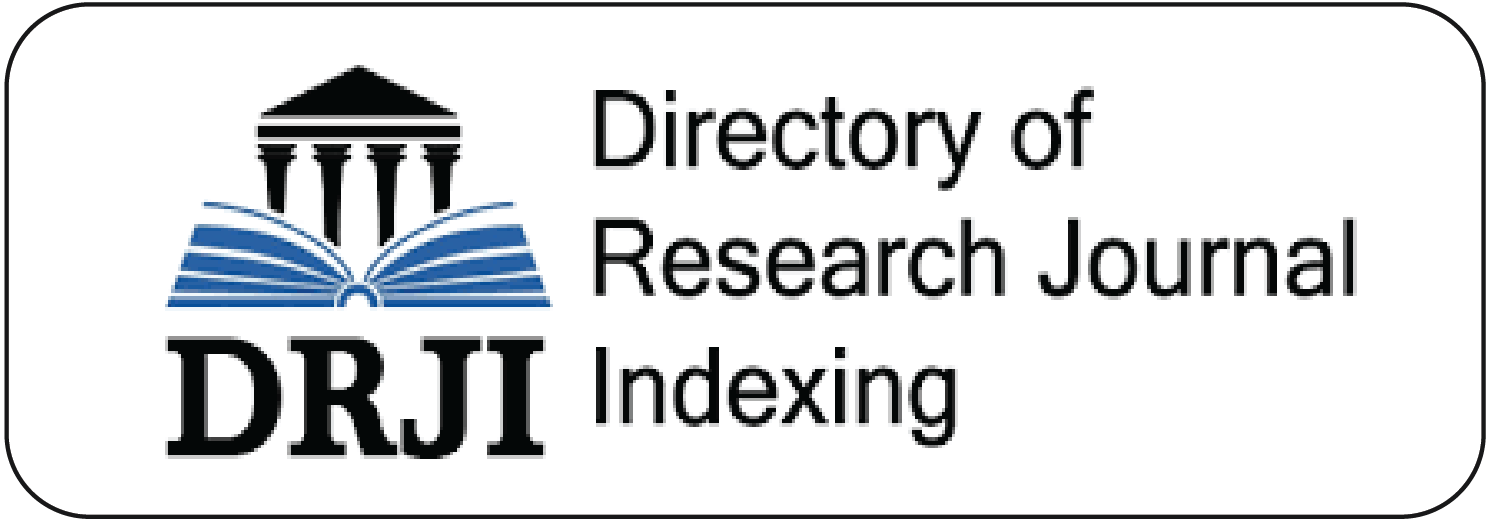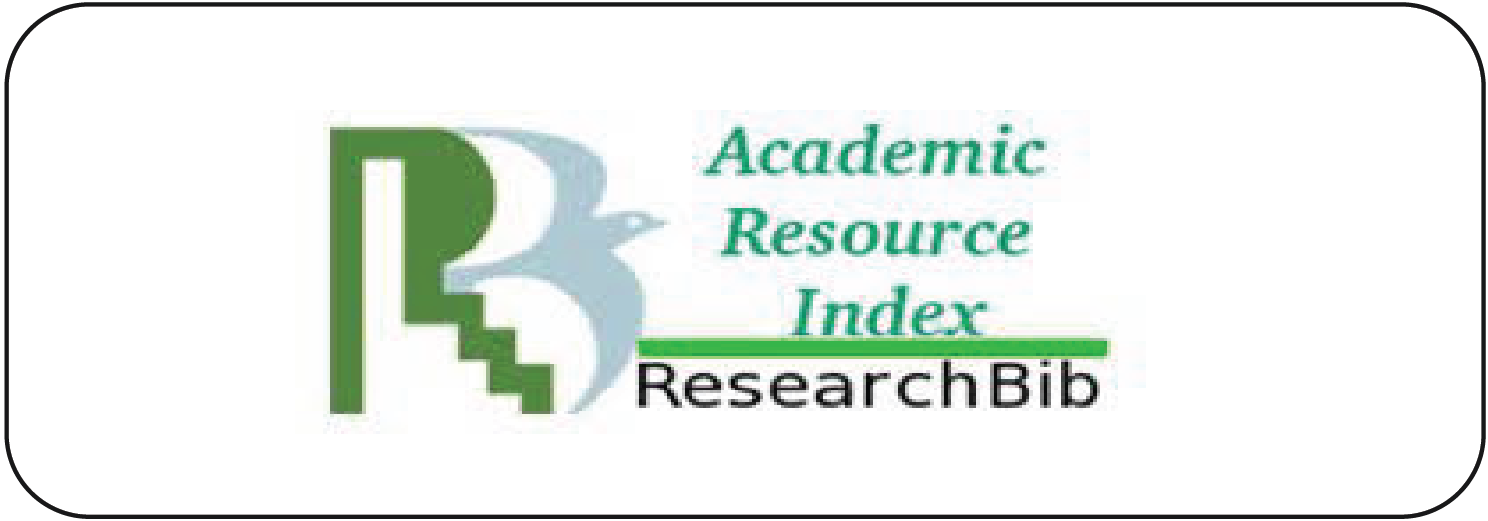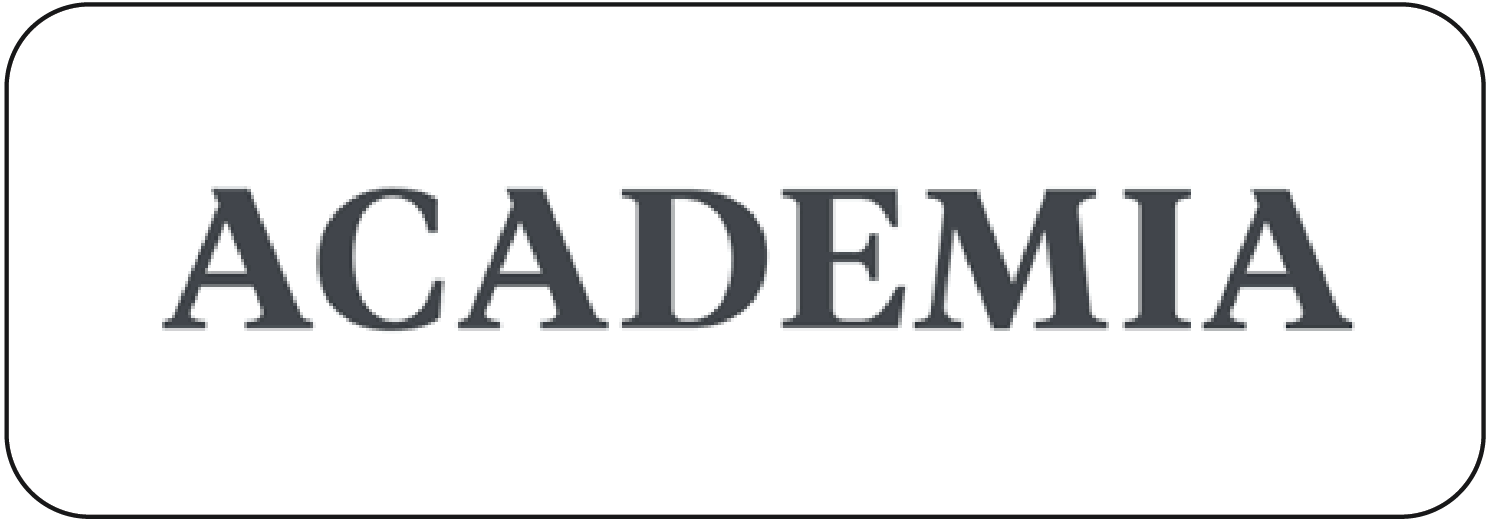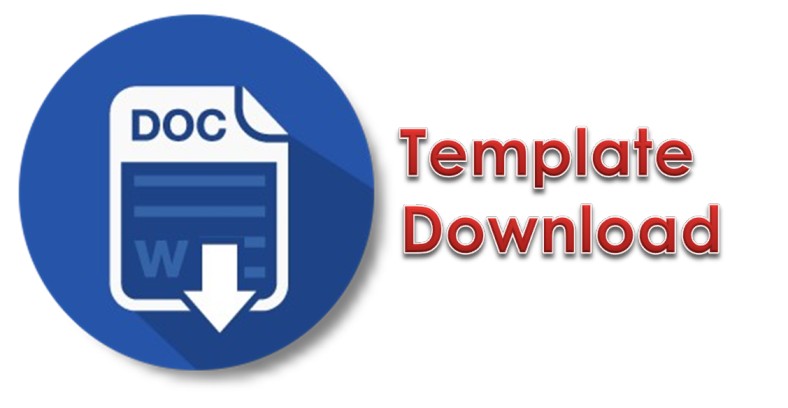Exploring Waqf Management Models in Turkey: Implementation Potential and Adaptation Barriers in Indonesia
DOI:
https://doi.org/10.51377/azjaf.vol6no2.209Keywords:
Waqf, Waqf Management, Waqf Regulation, Model Waqf Development, Turkey, IndonesiaAbstract
This Effective waqf management is crucial for preserving waqf assets and maximizing their benefits to beneficiaries (maukuf alaih). The waqf management system in Turkey, which has been evolving since the Ottoman Empire, demonstrates significant progress through a development model that optimally utilizes waqf assets. This study aims to explore Turkey's waqf management model and assess its potential implementation in Indonesia, a country with substantial waqf potential. Employing descriptive qualitative methods and literature analysis, this research identifies key elements of the waqf management systems in both countries. The findings reveal that Turkey has a more structured and modern waqf management system, bolstered by supportive regulations and innovative models. Conversely, Indonesia's waqf management faces numerous challenges, particularly in regulation, management, and human resources. The potential adoption of the Turkish model in Indonesia appears promising, particularly for enhancing the efficiency and productivity of waqf assets. However, several obstacles must be addressed, including regulatory and policy difference cultural and social variations, infrastructure and technological readiness, and human resource capacity. These challenges require contextual adaptation and strategic collaboration among stakeholders to ensure the successful integration and sustainable development of waqf institutions in Indonesia.
Downloads
Downloads
Published
How to Cite
Issue
Section
License
Copyright (c) 2025 Iskandar Iskandar, Anis Kurlillah, Munadiadi Munadiati, Andri Nirwana AN

This work is licensed under a Creative Commons Attribution-NonCommercial-NoDerivatives 4.0 International License.








